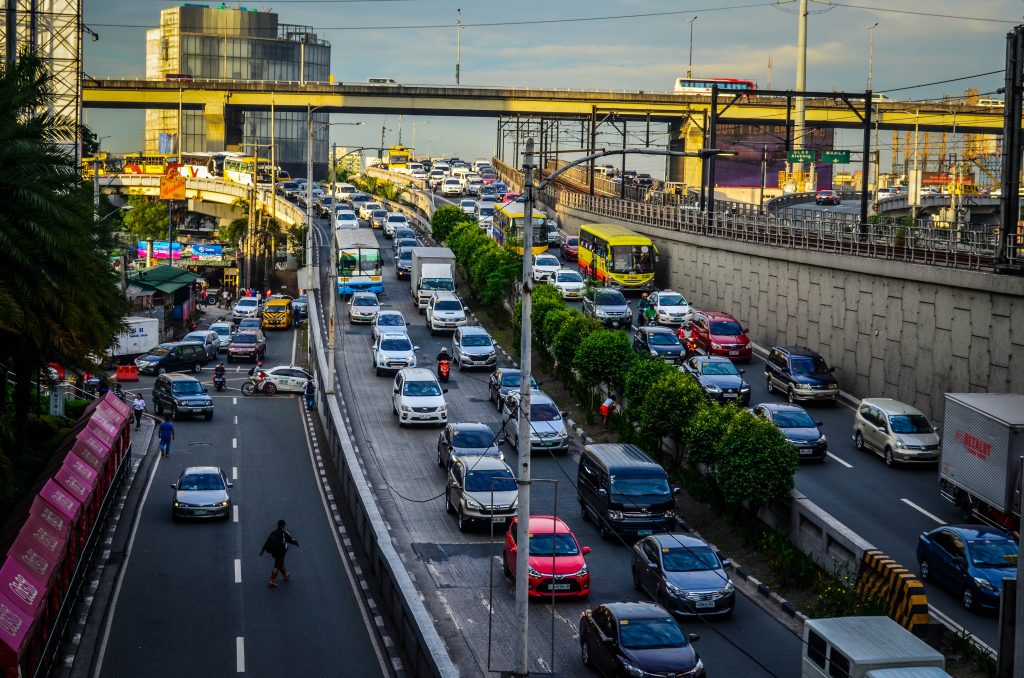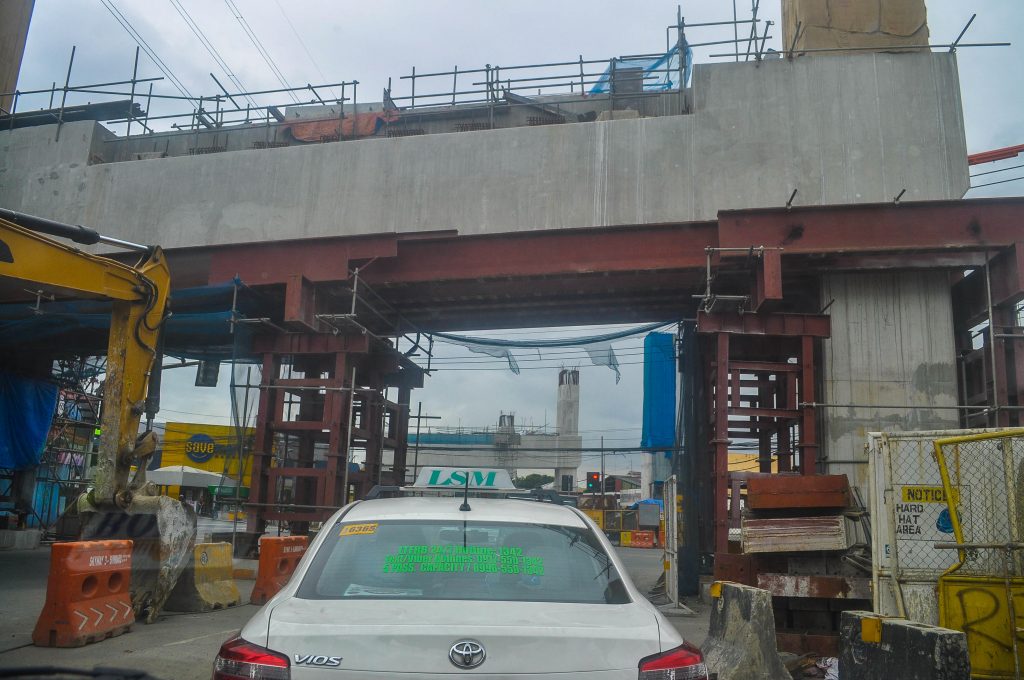I spent PHP100,000 on Grab in one year
One thing we can all agree on is that the country’s mass transportation is a nightmare. The MRT constantly breaks down. Buses are overcrowded. Taxis take longer routes for you to pay more. It’s a dismay. Thus, ride hailing apps such as Grab were marketed as an alternative to our dismal mass transportation system.
I was lucky enough that my grandmother supported my voluntary work at IBON by offering to provide me with a car instead of taking a jeepney to work. I decided that maintaining a car and fuel costs would be more expensive than just commuting. During my first weeks at IBON, I was taking four connecting jeepney rides just to get to work and another four to get back home. It was grueling. One exhausting day after work, I decided to just take Grab home regardless of the cost. This initial ride was followed by more rides.

Grab was convenient. I used the app when going to the office and coming back home every day. But this convenience came at a price. A huge price. My rides were anywhere between Php200-350. But when Grab’s absurd surge system hits Timog, it can go as high as Php650. Coupled with the rising cost of oil in October last year plus the fuel excise from TRAIN (Tax Reform for Acceleration and Inclusion Law), it was the perfect storm to reach a whopping Php98,246 by booking Grab rides every day. My grandmother decided to just give me an allowance for my rising Grab expenses. But it ended up being more expensive than if she had bought me a car.
Let’s be clear, Grab will never be a solution to our disgusting mass transportation system. While it did provide me with an alternative to taking a bus, jeep or even the MRT, what Grab essentially did was profit from disgruntled commuters at the cost of adding more vehicles to our already crowded roads It further pushed the corporatization and monopoly of a public service.
Let’s not forget that mass transportation is a public service.
And it seems that the government, who should fix our transportation system, is not bent on fixing it. Government is saying that Build, Build, Build would provide more roads and trains or even a subway. But if you just build infrastructure without planning how these would come together with existing modes of transportation, then it doesn’t make sense. A sustainable mass transportation system should be efficient, reliable, accessible, safe, and environmentally sound.

If government won’t fix the mass transportation system then all the funding goes to big-ticket, big-business infrastructure to build roads. These are not for public vehicles but to accommodate even more private vehicles, which studies say already occupy 70% of Metro Manila traffic.
Government should craft a comprehensive national mass transportation plan in accordance with economic development plans. Or else, the pathetic cycle of building more infrastructure favoring private motorists over a huge pedestrian population will just continue. ###
Bird Feed features the thoughts and views of our staff on socioeconomic and other issues. All staff are encouraged to share their own analysis.
JOSE LORENZO LIM: Researcher at IBON Foundation. His research topics include Build, Build, Build, the oil industry, and social services. Prior to IBON, he served as Editor-in-Chief of the UPLB Perspective for the academic year 2016-2017. When not in the office, Jose Lorenzo enjoys writing with his fountain pens and trying out new ink.
